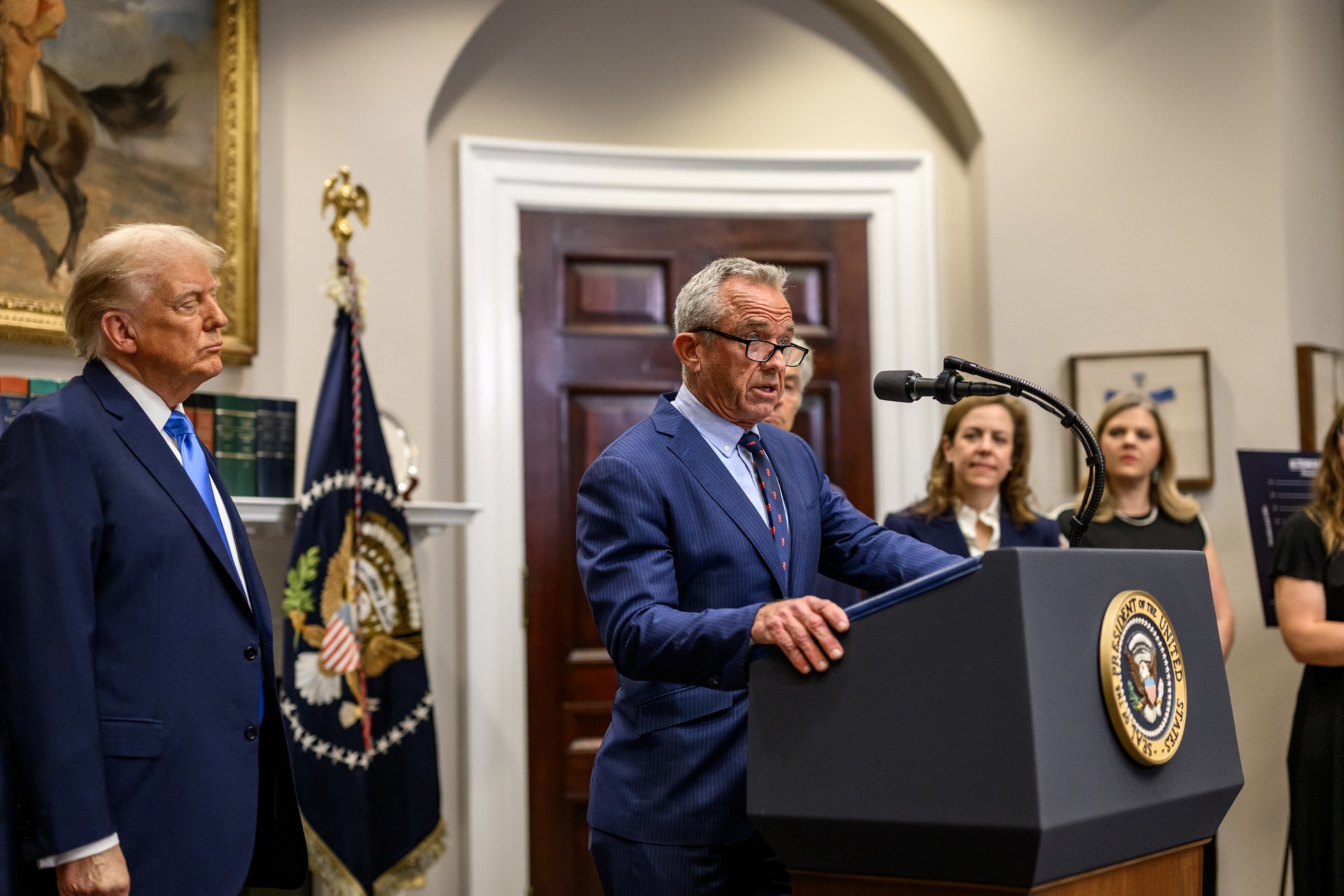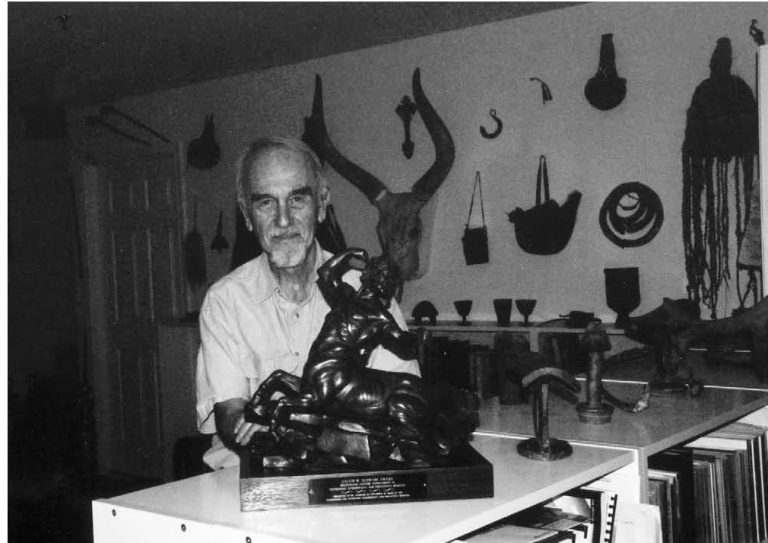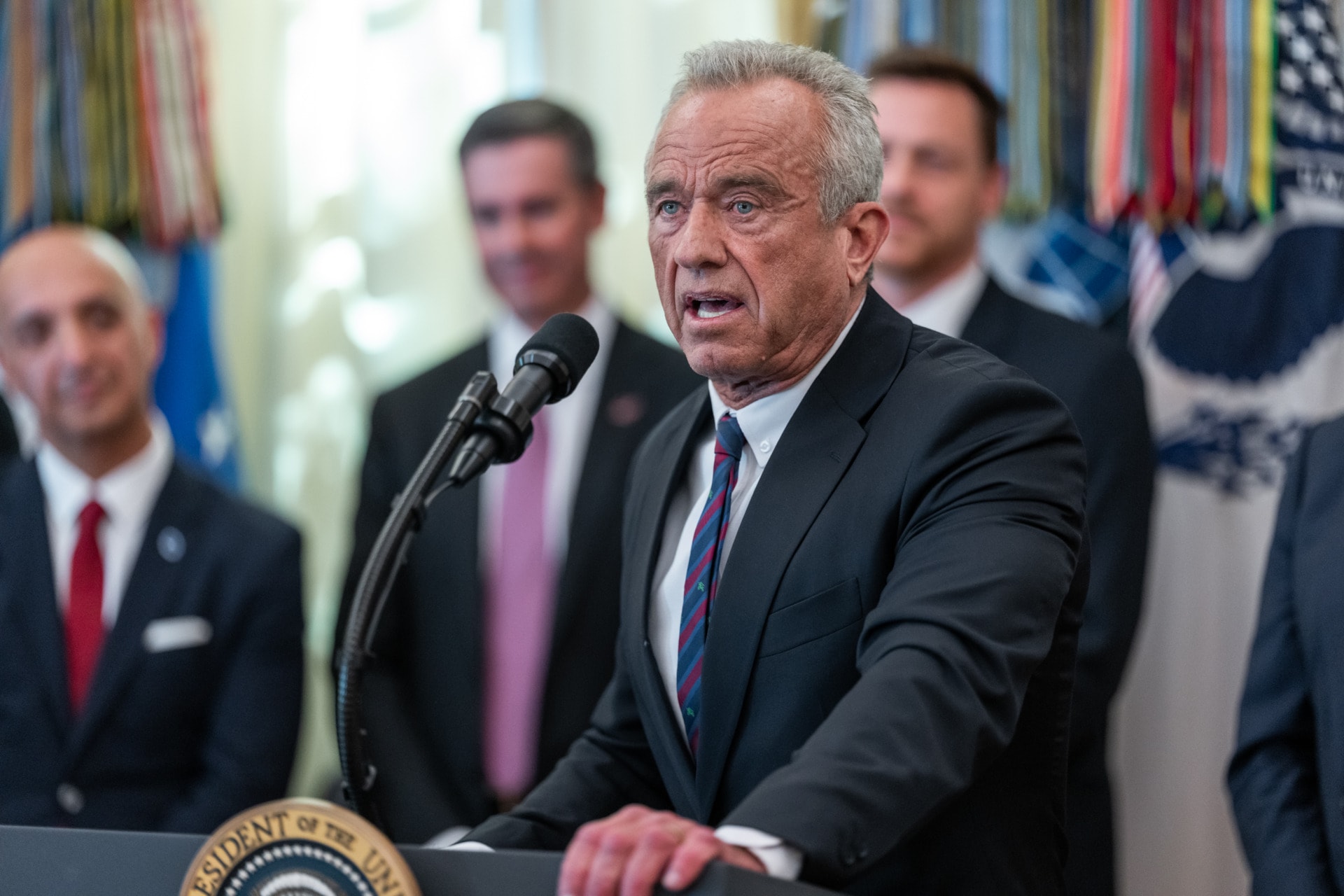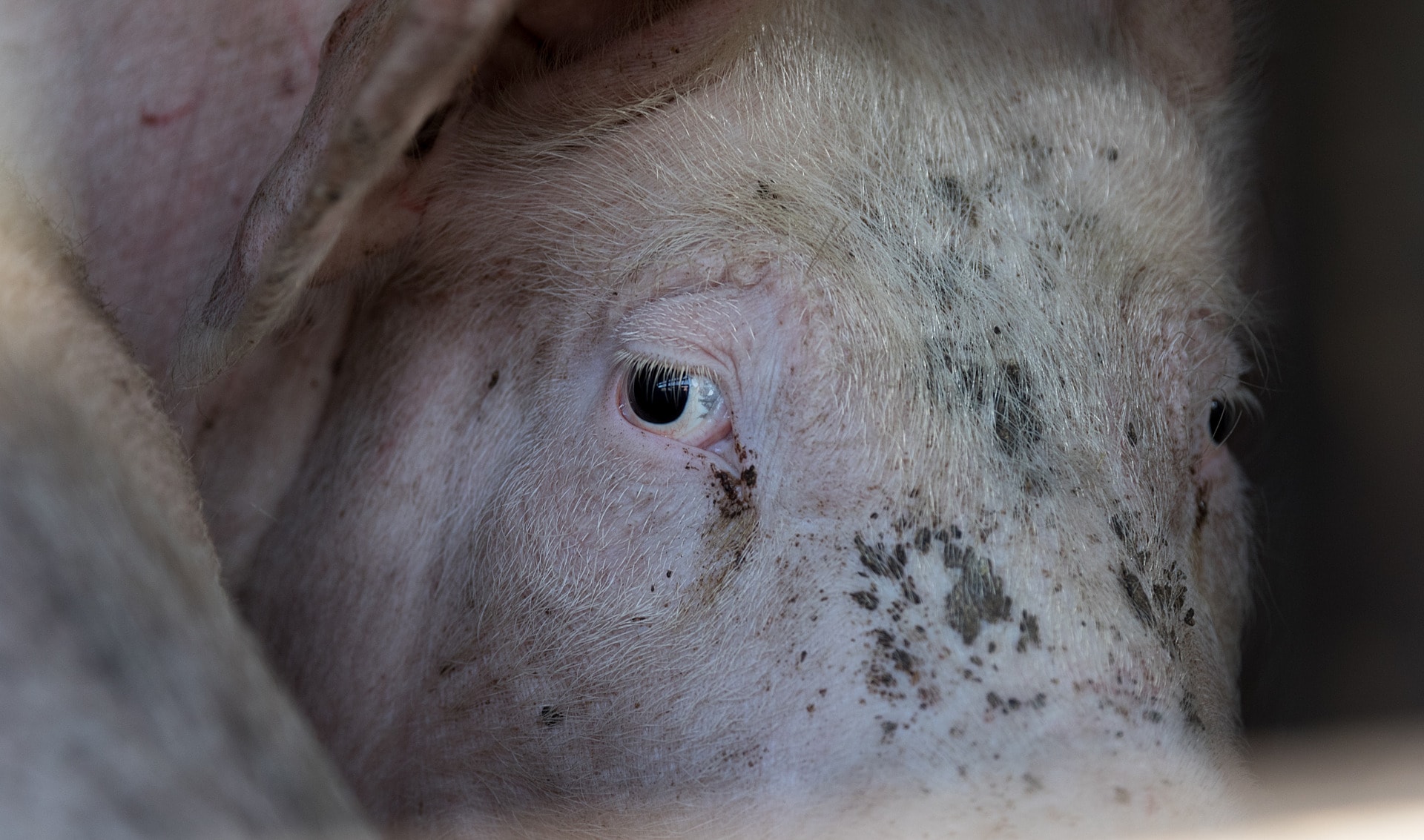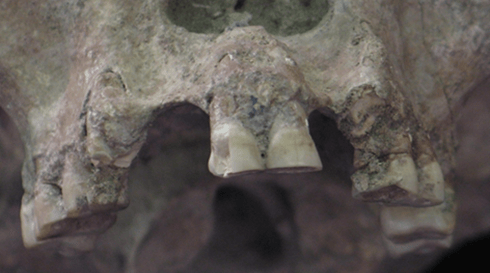The G20 meetings this weekend in Rome precede the extensive weeklong discussion on climate change in Glasgow starting on Sunday. COP26 will be important and relevant for the animal-human-ecosystem interface, a critical aspect for all our future. This interface is summed up in the term One Health. As reported by the One Health Initiative (OHI), the G20 communiqué issued on October 29 by its Health and Finance Ministers represents a very important endorsement of the One Health approach:
“Based on the principles above and building on the work of the G20 Informal Group of Finance and Health Experts, we establish a G20 Joint Finance-Health Task Force (the Task Force) aimed at enhancing dialogue and global cooperation on issues relating to pandemic PPR, promoting the exchange of experiences and best practices, developing coordination arrangements between Finance and Health Ministries, promoting collective action, assessing and addressing health emergencies with cross-border impact, and encouraging effective stewardship of resources for pandemic PPR, while adopting a One Health approach.”
The communiqué continues:
“We are determined to advance pandemic, prevention, preparedness and response, as well as to prepare the way for stronger post-pandemic recovery, in line with the comprehensive One Health approach, taking into account work of the Tripartite and UN Environment Programme and their newly established One Health High-Level Expert Panel, and with previous G20 commitments to tackle antimicrobial resistance.”
Thus, the G20 is addressing the pandemic with all the steps needed to advance on the goal of vaccinating at least 40 percent of the population worldwide by the end of 2021 and 70 percent by mid-2022, as recommended by the WHO. This requires boosting the supply of vaccines, establishing medical countermeasures and providing inputs in developing countries while removing relevant supply and financing constraints.
In this context, the G20 ministers also indicated they would continue to support the Access to COVID-19 Tools Accelerator (ACT-A) and approve the extension of its mandate into 2022.
This is a culmination of years of committed effort, in particular in the One Health area. It has meant the active engagement of medical doctors, veterinarians, advocates, institutional organizations such as UN agencies like WHO, and the International Organization of Animal Health (OIE), expert bodies such as The Lancet One Health Commission, earlier G7 and G20 preparatory meetings in Italy, a World Health Summit in Berlin, and a host of academic, non-profit, video conferences, other events and articles.
Assuredly, this latest G20 communiqué is very good news – up to a point. The G20 is “determined to advance” but the history of such high purpose has not necessarily meant following suit with changes in policies, finances and concrete engagement by governments and international institutions.
But let’s take this as just the latest end of the beginning. Indeed, we can look soon at what emerges in November at COP26 and beyond. We will see if One Health falls by the wayside, as other seemingly “urgent” problems garner more attention.
To succeed with One Health will require those with the power, and those who are outside, to remain vigilant in keeping focus. The door is slightly ajar, let’s open it wide.
Editor’s Note: The opinions expressed here by Impakter.com columnists are their own, not those of Impakter.com. — In the Featured Photo: Ministers of Health and Finance joint meeting 29 October 2021 that led to the establishment of a joint task force to address pandemics on One Health principles Source: Italian MEF




